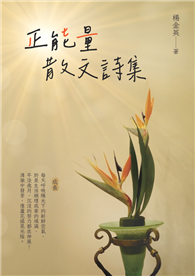This book presents a comprehensive analysis of China’s imbalanced sex ratio at birth and marriage market, and the implications of these phenomena for population development and families.
China’s persistently high sex ratio at birth (SRB) since the early 1980s has led to serious gender imbalance and male marriage squeeze. After examining the quality of existing data on SRB, the authors provide their estimates of the sex-selective abortion rate, describe the trends and geographical patterns in SRB, and disaggregate changes in SRB by birth order and province. Special attention is given to the number and proportion of missing girls between 1980 and 2010. Based on the quantitative analyses, the book projects the implications of the severe gender imbalance for China’s population development and the future dynamics of the marriage market, including trends in age at first marriage, the proportion of never-married, the age structure of surplus males, and the life cycle of bare branch families.
The book will appeal to scholars and students of demography, sociology, and China studies, especially those interested in China’s population and contemporary society.












